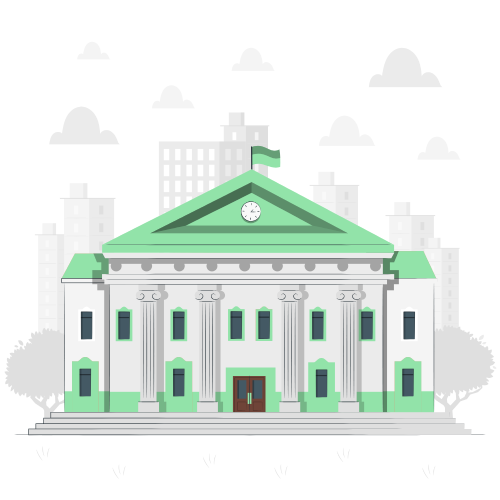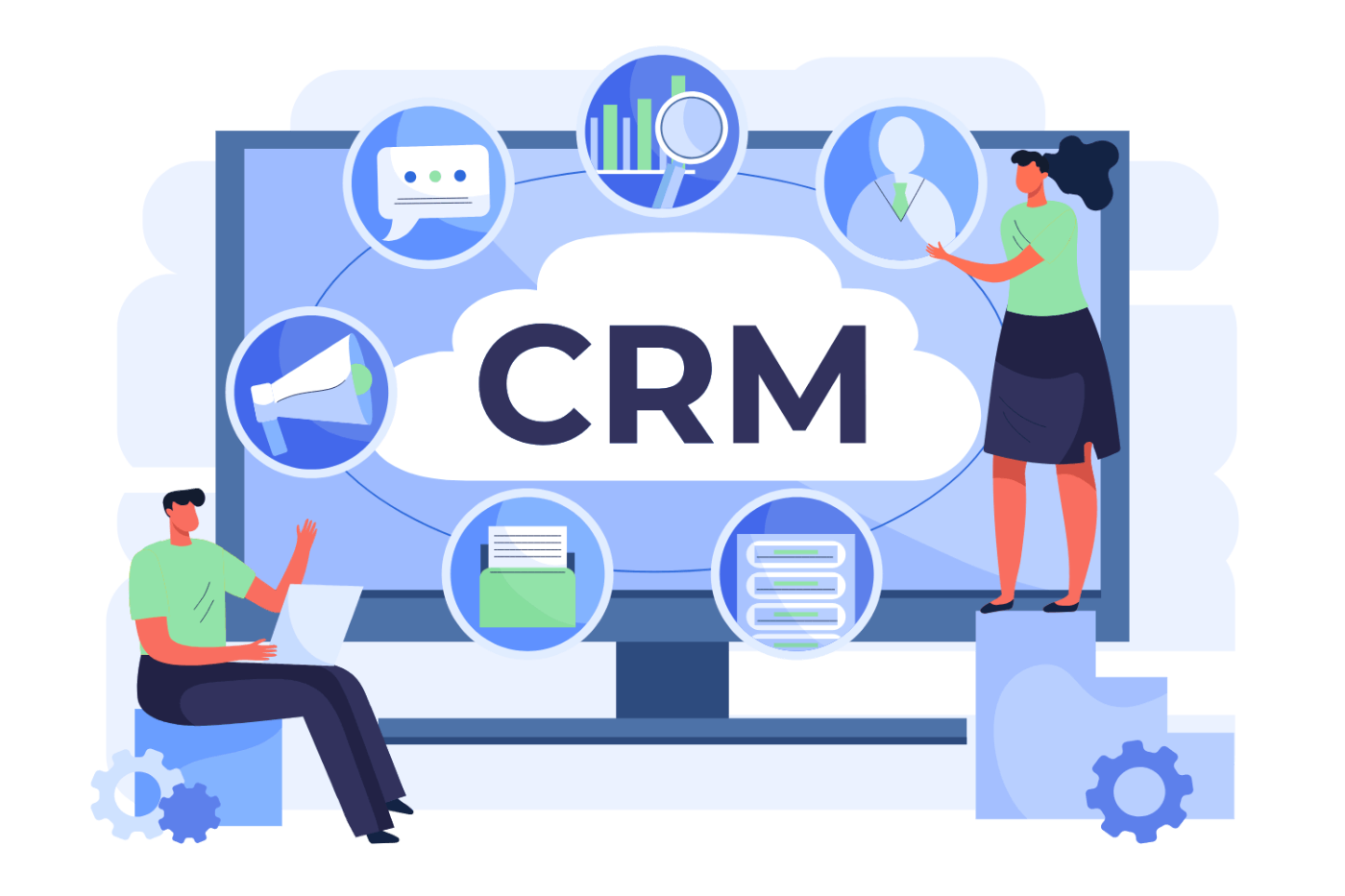CRM
CRM for the public sector, associations and local authorities
Contents
What is CRM for public sector organizations?
CRM, or “Customer Relationship Management”, is a customer relationship management tool that organizes, tracks, and analyzes interactions between an organization and its customers. Although the term “customer” is often associated with the private sector, CRM is also very useful for the public sector, associations, and local authorities.
In the public sector, CRM can be used to improve communication with citizens and users of public services. As a result, administrations can better respond to requests, manage complaints, and offer personalized services. CRM can also help authorities collect and analyze data to better understand users’ needs and preferences.
CRM also improves communication by centralizing citizens requests and complaints. It enables public services to respond more effectively to citizens’ needs and expectations.
The tool facilitates administrative procedures by providing an overview of the information and documents required for each request.
Finally, by identifying recurring requests and the most frequently encountered problems, CRM enables resources to be optimized by allocating human and budgetary resources more effectively to improve the quality of public services.
As the cornerstone of your organization’s management system, CRM enables you to manage your entire business from a 360° perspective.

Why use a CRM dedicated to public administrations?
CRM offers a number of advantages for public services, including improved relations with users as the tool enables you to better understand citizens’ needs and expectations, collect their requests and complaints, and offer them more personalized services.
CRM is a highly effective data analysis tool for its user. Thanks to the information collected and analyzed on users, it is possible to identify trends and better understand citizens’ behaviors and needs. The benefits generated by this tool are optimized services and improved quality of public services.
How to choose the right CRM for a public sector administration?
Numerous solutions are listed online, and customer reviews are plentiful.
To begin with, it’s important to find the platform that best suits your specific objectives and the different functions of your organization.
Choosing a CRM for the public sector is an important decision that needs to be taken with care.
There are a few criteria to consider when choosing a CRM for the public sector:
Compatibility with existing systems
It's important to choose a CRM that's compatible with your administration's existing information systems, such as business applications, databases, ERP packages and so on.Functionalities specific to public administrations
It's essential to choose a CRM that offers functionalities specific to the public sector, such as: requests and complaints management, service personalization, user communication, etc.Ease of use
It's important to choose a CRM that's easy to use and to get to grips with for your administration's various agents and departments, to facilitate adoption of the tool within teams.Customization and adaptation to specific needs
Your CRM must allow you to customize and adapt functionalities to your administration's specific needs. This will ensure that you benefit from a tool that meets the requirements and particularities of each department.Data security
It's essential to choose a CRM that ensures the security and confidentiality of the information collected, in compliance with current regulations and applicable security standards. Securing citizens' data and digital transformation are major challenges for public services in France today.IIt is advisable to carry out a comparative study of the different CRMs available on the market, and to consult reviews before making a choice.
How do you set up CRM software in your organization or local authority?
Implementing CRM software within your organization can involve a number of important steps.
Before choosing CRM software, it’s important to clearly define your organization’s objectives and specific needs. This step enables you to choose the software best suited to the needs of your community or organization.
Once the needs and objectives have been defined, it’s time to look for CRM software that can meet these needs. To do this, it’s important to consider the software’s functionality, cost, user interface, flexibility, and compatibility with existing information systems.
Once the CRM software has been selected, it’s important to train your agents in its use. This training can be provided by the software supplier or by an in-house trainer.

Once the software has been installed and configured, the next step is to collect and import the organization’s existing data into the software.
The next step is to customize and adapt the software to the specific needs of your administration. This may require adjustments and modifications to the software.
The next step is to establish processes for using and managing the software to ensure it runs smoothly. These processes may include the creation of user procedures, the implementation of quality standards, the management of access authorizations, etc.
Implementing CRM software in an organization requires meticulous preparation, which will ensure the success of your tool’s implementation.
Why choose Axelor, the public sector CRM solution?
The adoption of digital technology and the modernization of public services are crucial issues. Axelor CRM offers the specific features sought after by the public sector, to meet the specific needs of administrations, local authorities, and associations.
Axelor’s Open Source CRM is modular, enabling it to be adapted to the specific needs of each organization. It can be customized according to the processes and workflows specific to each structure.
The world of French Open Source is gradually making inroads into the French public sector. At the heart of this reorientation is a dual objective: to control digital sovereignty and promote French Open Source.
As a result, companies are increasingly opting for Cloud CRM for reasons of simplicity and flexibility. Choosing a SaaS CRM like Axelor is an increasingly popular choice, offering numerous advantages. You’ll find plenty of feedback on these tools on the web.
Axelor CRM offers public-sector-specific functionalities such as tender management, grant management, event management, document management, and more.
The Axelor platform is accessible from any device with an internet connection, enabling users to access it easily from their computer, smartphone, or tablet.
Axelor centralizes all your information and supports the security of sensitive data for public sector organizations, with access control, user rights management, and robust security protocols.
These advanced, high-performance features promote the economic development and attractiveness of your area.Your users trust you to meet their multiple needs, so equip yourself with a solution that gives you a 360° view to easily manage your business.
Benefit from a CRM integrated with your ERP
Today, many companies consider these two systems to be indispensable, and are considering integrating the two solutions.
The advantage of the Axelor platform is that you benefit from a modern ERP that includes a CRM and can be combined with over thirty business applications. In fact, the platform includes an Open Source CRM that integrates natively with all other modules.
Want to find out more about the difference between ERP and CRM software?
Find out how our ERP can help you improve your company’s performance
An expert will contact you shortly to discuss your project.